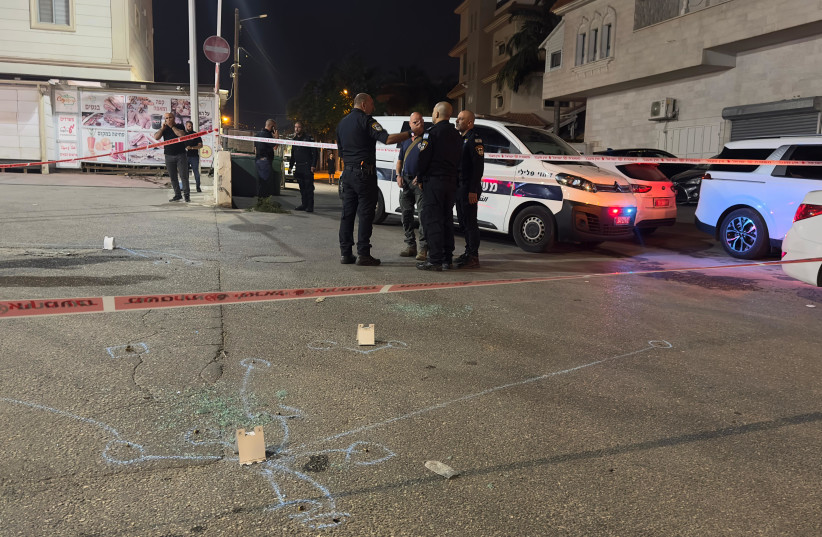Following a five-hour, late-night meeting on Sunday, Finance Minister Bezalel Smotrich on Monday announced that some NIS 200 million in frozen funds intended for the Arab community will finally be released. The decision follows a political battle and the threat of a strike by Arab municipalities.
There are two reasons the decision to free the funds should be welcomed. Firstly, these are special grants that were promised and budgeted for by the previous government, and agreements must be honored.
The second reason is that these funds are desperately needed. The municipalities had drawn up their budgets based on the funds they had been promised. Many Arab municipalities are in severe deficits, unable to pay wages to municipal workers, let alone develop and maintain infrastructure or further educational and social welfare programs.
Prime Minister Benjamin Netanyahu’s government had in principle approved the extra budget to the Arab municipalities, but this could not go ahead without the agreement of the finance minister. Previous interior minister Ayelet Shaked had promised the funds to coalition partner Ra’am head Mansour Abbas. Current Interior Minister Moshe Arbel was among those who called on Smotrich to transfer the money.
Freezing Arab sector funds: Smotrich was right to be cautious, but his execution was flawed
Smotrich’s initial decision was heavy-handed and obviously influenced by his right-wing ideology and desire to signal to his political base that he is taking action. However, there was some logic to his original decision: Smotrich said he did not want to hand the funds over to the Arab councils without a means of knowing where and how they would be spent.

At a time of a frightening increase in organized crime in the Arab community, which has also affected the municipalities, Smotrich was right to be cautious. There have been multiple reports of Arab council heads, members, and candidates being threatened by criminal elements.
Some of the recent murder victims were politically active in the Arab local authorities, and several council heads had reported shooting attacks targeting their homes and arson attacks targeting their vehicles. Just last week, one of the four victims gunned down in the Druze town of Abu Snan in the North had announced his candidacy for mayor in the upcoming local elections. The mass murder came a day after the municipal director of the Arab town of Tira was shot dead.
At this week’s meeting, a compromise was reached under which the funds will be transferred from the Finance Ministry to the Interior Ministry. The latter will allocate the money via a monitoring and oversight system with control mechanisms intended to ensure the money is “to the benefit of the Arab citizens of Israel and not to the criminal organizations,” according to a statement issued by Smotrich.
It was also announced that the Shin Bet (Israel Security Agency) and the Israel Police will be involved, and the Finance Ministry will transfer funds toward eradicating crime in Arab society. The announcement also said legislation would be advanced that will grant powers for “enforcement against the criminal organizations in Arab society.”
According to KAN News, the new oversight mechanisms will include a three-tiered “traffic light” system, ranking the municipalities according to the level of risk from organized crime. The plan, suggested by Smotrich and Social Equality Minister Amichai Chikli, was reportedly discussed at last week’s cabinet meeting and apparently has the prime minister’s backing.
“Green” municipalities will receive the funds without conditions, “yellow” councils will receive funding subject to supervision, and funds for “red” municipalities will continue to be frozen until a method can be found to ensure that the funds do not fall into the hands of criminal elements.
Particularly in view of the upcoming municipal elections, Smotrich is right to take action to try to prevent criminal elements from taking control of councils or gaining from lucrative municipal projects. But there is a right way to carry out this policy and a wrong one.
We therefore welcome this compromise, which makes the funds available while addressing the challenges facing Arab municipalities and local councils.
